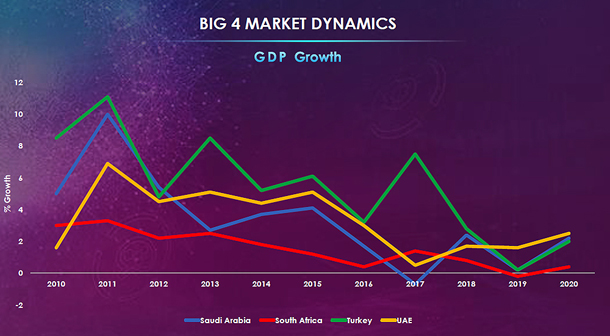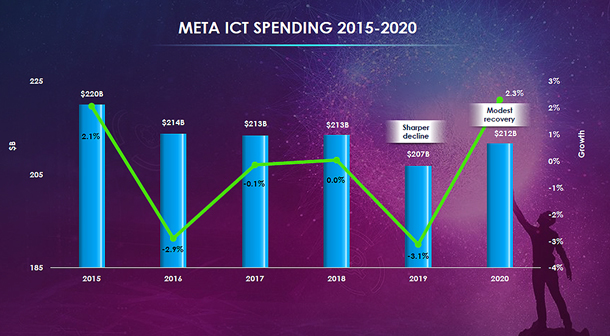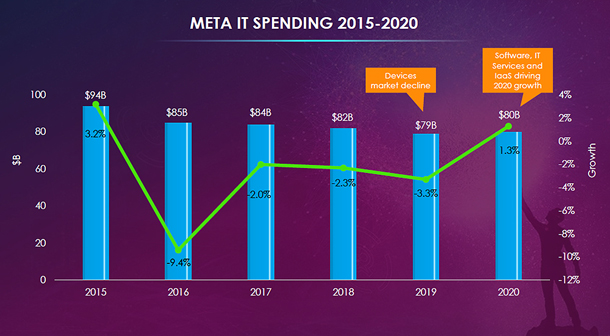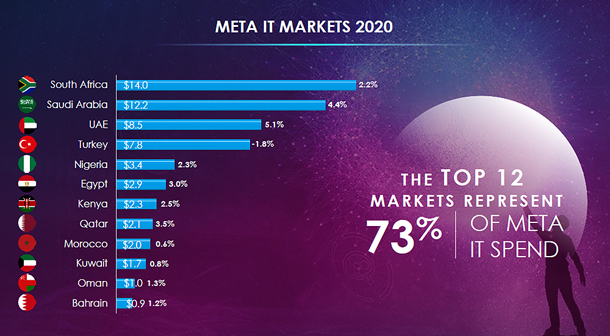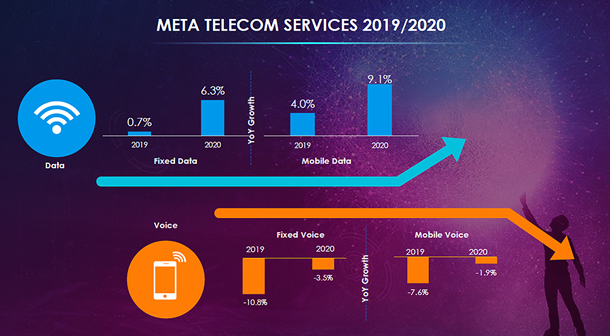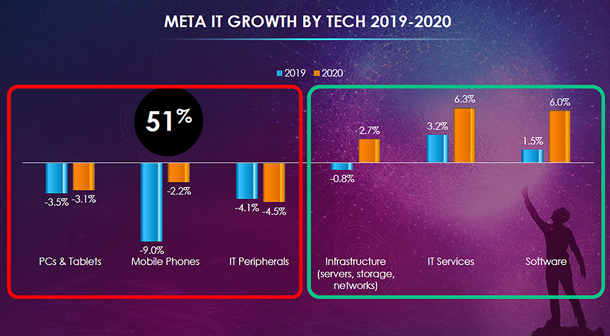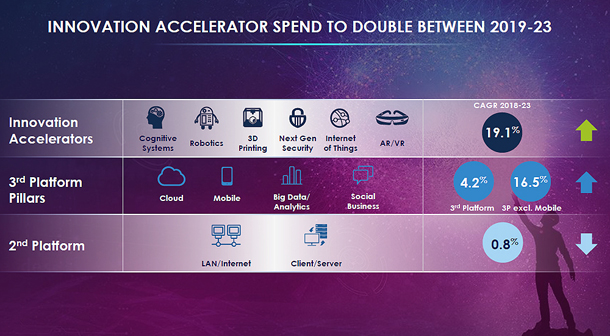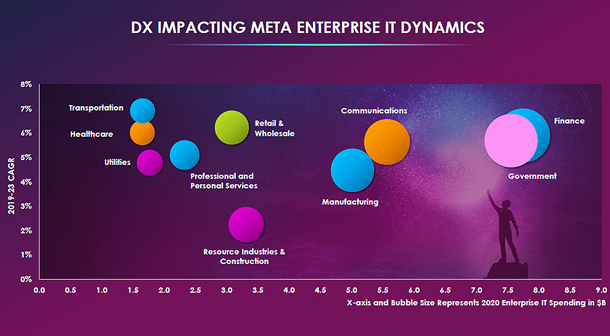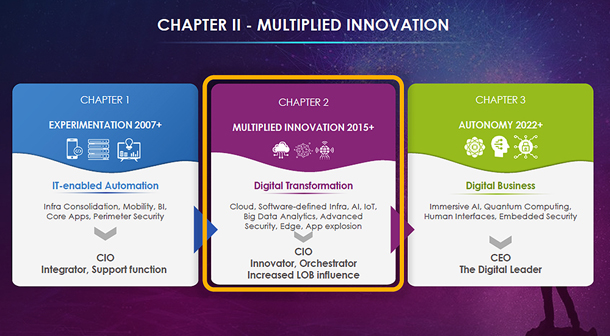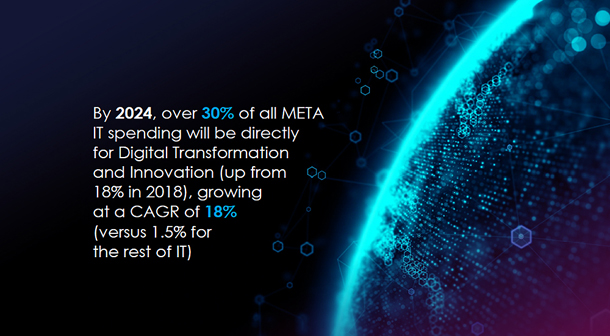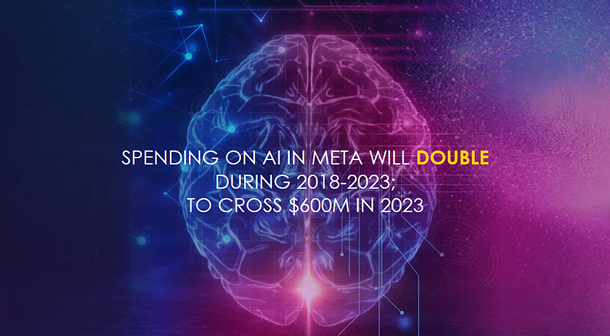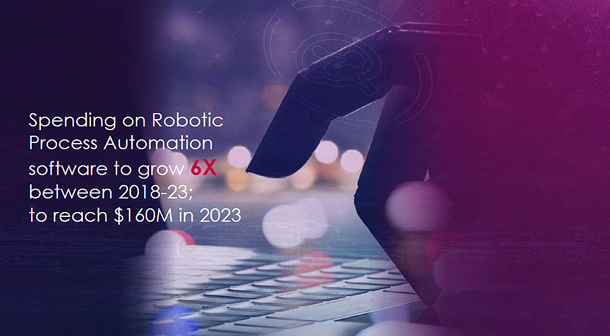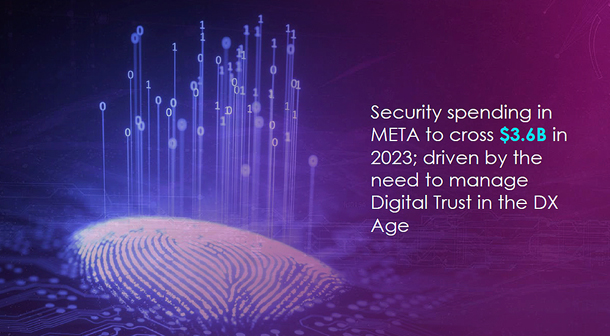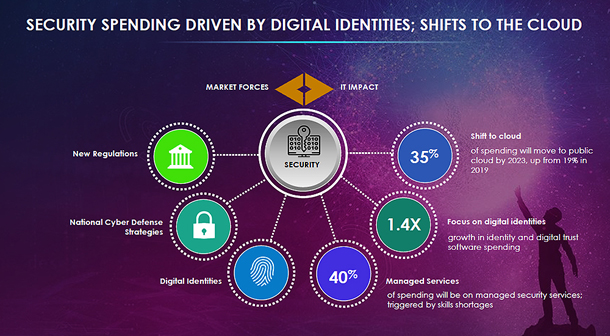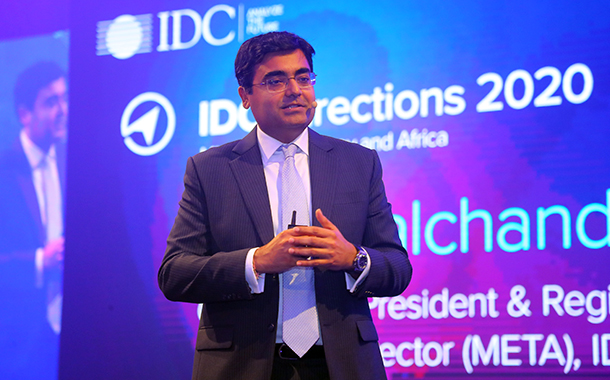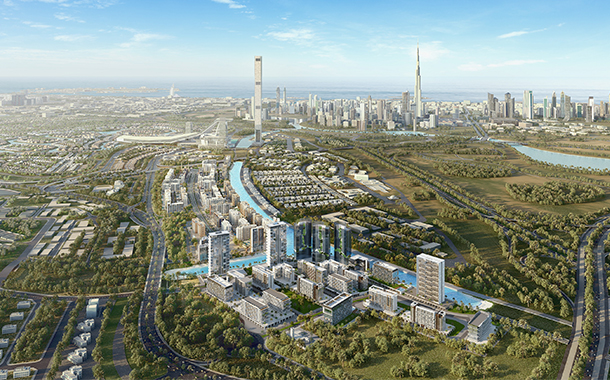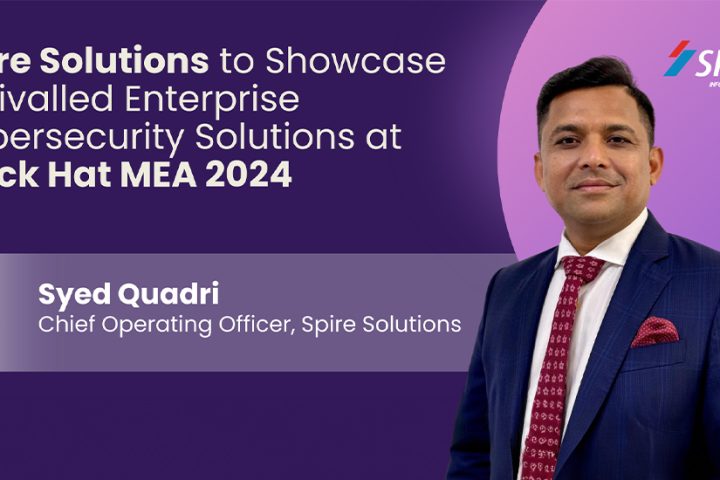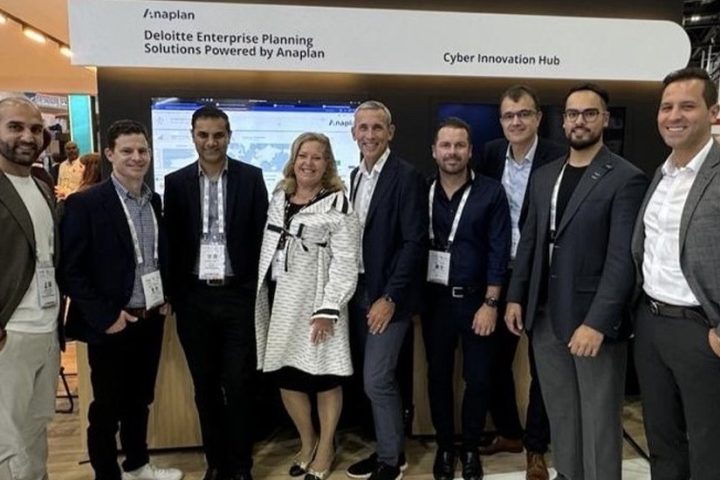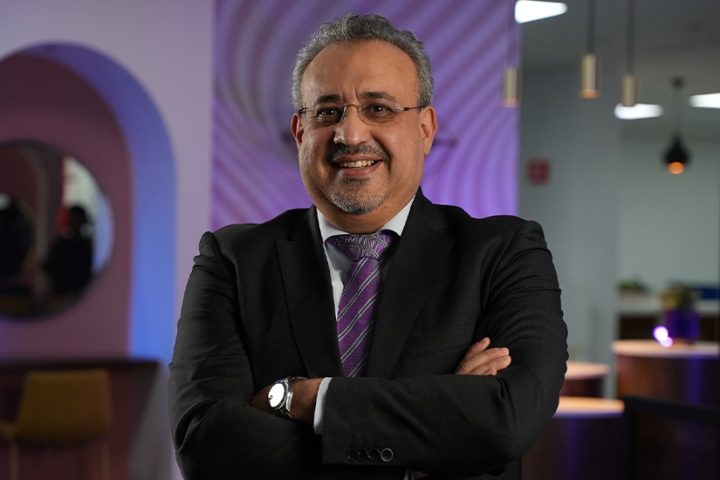Investments in digital transformation and innovation will account for 30% of all IT spending in the Middle East, Turkey, and Africa, META, by 2024, up from 18% in 2018. That’s according to the latest predictions revealed by International Data Corporation, IDC, as it hosted more than 500 of the region’s most influential ICT industry figures at Dubai’s Atlantis, The Palm for IDC Directions 2020.
Opening the day’s proceedings, the firm’s Group Vice President and Regional Managing Director, Jyoti Lalchandani, explained that spending in these two areas is leaving the rest of the market in its wake, increasing at a CAGR of 18% versus 1.5% for the rest of IT. His other predictions for the META region’s dynamic ICT markets included the following:
- Government enterprise IT spending is increasing at a CAGR of 5.7% and will top $8 billion in 2021.
- At over $6 billion, manufacturing will account for 23% of all digital transformation spending in 2020.
- Annual security spending will top $3.6 billion by 2023 as digital trust becomes a priority.
- Spending on artificial intelligence will top $600 million in 2023, doubling from 2018 levels.
- IoT spending will reach $17 billion in 2023, six times the value seen in 2018.
The event showcased insights from IDC’s chief research officer, Meredith Whalen, who had flown in from the United States to present a keynote on The CEO’s New Agenda for Running a Digital Enterprise. During this session she explained that IDC’s global research had identified three of the most pressing items on this new agenda as the need to build digital trust programmes, enable the development of an intelligent organisation, and embrace new industry ecosystems.
IDC Directions is the region’s seminal ICT industry event and this year explored the theme of Multiplied Innovation Goes Mainstream: Thriving in the Digital Economy. Bringing the region’s foremost technology vendors, telecommunications operators, and IT service providers together under one roof, the event also played host to Mohamad Ali, chief executive officer of IDG, IDC’s parent company and the world’s leading technology media, research, and events organisation.
The agenda incorporated various individually themed expert-led sessions exploring a diverse range of topics such as 5G, IoT, AI, cloud, Smart Cities, hyperconverged systems, software-defined infrastructure, automation, security, managed services, digital document solutions, mobile phones, PCs, and wearables. There were also in-depth discussions on the emerging opportunities that exist in key markets such as Saudi Arabia, Egypt, Africa, and the UAE, with IDC forecasting the latter to see a 5.1% year-on-year jump in IT spending this year to $8.45 billion.
“From e-commerce and cloud computing to fin-tech and cybersecurity, the UAE is leading the region in digital transformation,” said Ammar Al Malik, managing director of Dubai Internet City, which was the Strategic Partner at IDC Directions 2020. “We believe that the biggest budget in the history of Dubai, announced earlier this year, sends a strong message to the business community. It will be a catalyst for growth that stimulates entrepreneurship, innovation, and the ecosystems supporting a diversified, knowledge-based economy.
“Analysts continue to predict that ICT investment in the region will rise and the appetite for future growth is promising. As such, investment insight is crucial to ensure the 1,600+ start-ups, entrepreneurs, and Fortune 500 companies based in Dubai Internet City continue to leverage growth opportunities, and we are working closely with our partners at IDC to make this happen.”
“The digital economy is at a critical tipping point,” said Whalen. “In just a few short years, IDC forecasts that nearly half of all GDP worldwide will come from products and services offered by digitally transformed organisations. In order to thrive, organisations must define their new role in this digital economy and proactively address new customer requirements around personalisation and trust. They must also develop new capabilities around digital innovation, work, and intelligence, and build a digital IT infrastructure that supports resilient operations and pervasive experiences.”
